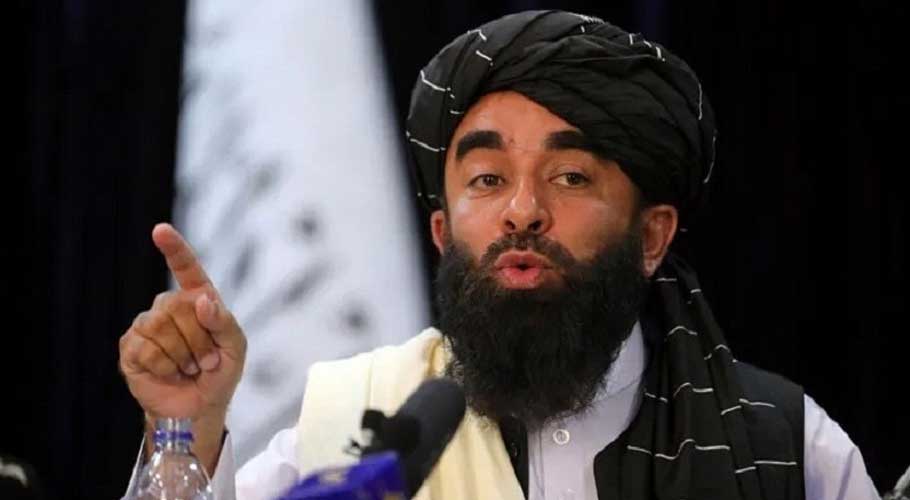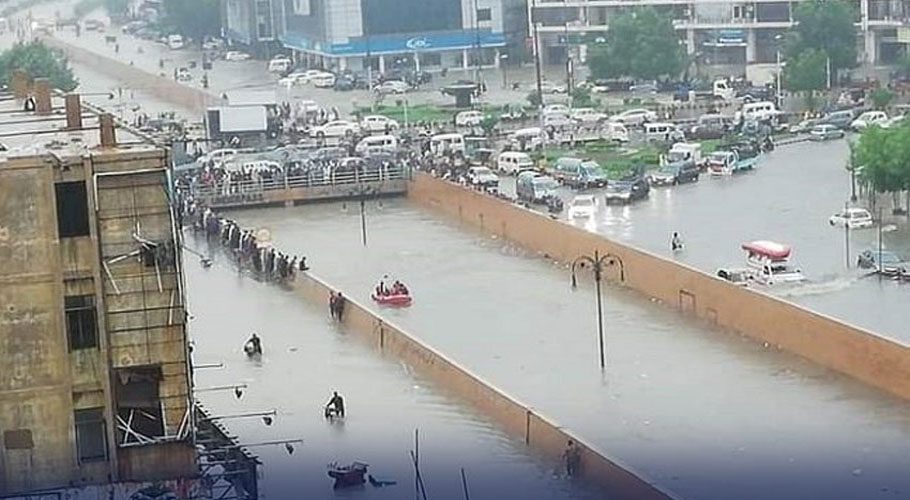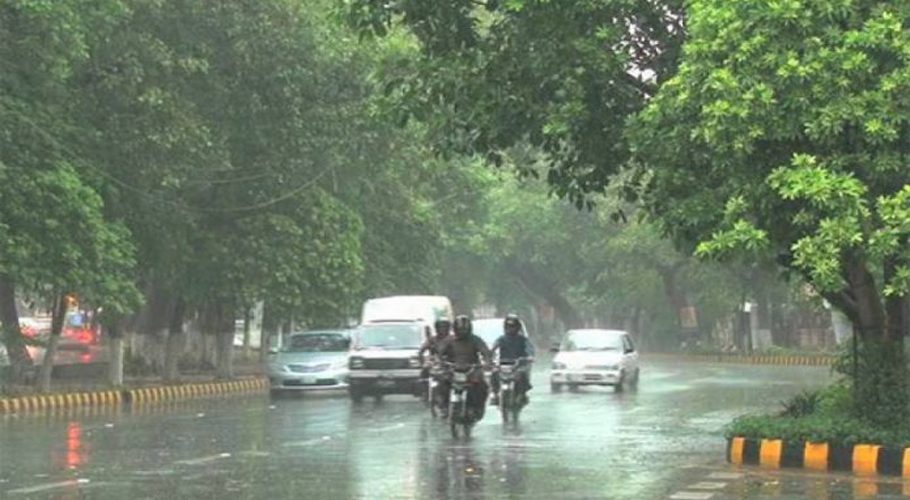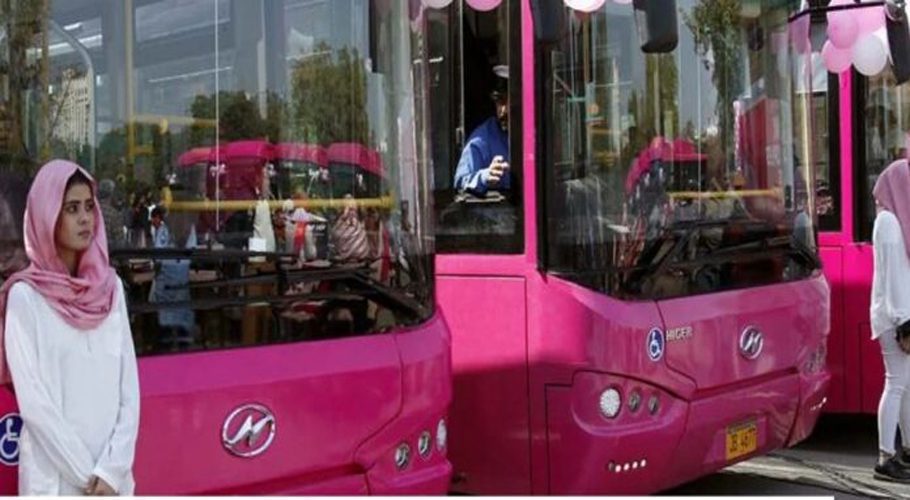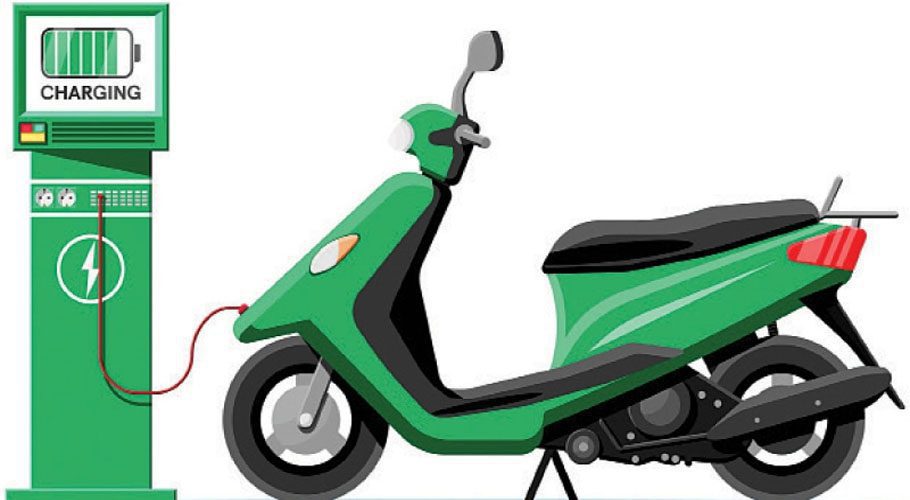![]() Follow Us on Google News
Follow Us on Google News
A suicide bomb attack on worshippers at a Shia mosque in the Afghan city of Kunduz killed at least 55 people on Friday, in the bloodiest assault since the United States (US) forces left the country.
Scores more victims from the minority community were wounded in the blast, which has not been claimed but appears designed to further destabilise Afghanistan in the wake of the Taliban takeover.
There have been several attacks, including one at a mosque in Kabul, in recent weeks, some of which have been claimed by Islamic State. Will Taliban regime be able to control terror attacks in Afghanistan?
The terror attack
An apparent bomb attack on worshippers at a Shia mosque in the Afghan city of Kunduz killed at least 55 people Friday. “Initial information indicates more than 100 people killed and injured in a suicide blast inside the mosque,” the United Nations’ mission to Afghanistan said in a tweet.
A medical source at the Kunduz Provincial Hospital said that 35 dead and more than 50 wounded had been taken there, while a worker at a Doctors Without Borders hospital reported 20 dead and scores more wounded.
There was no immediate claim of responsibility for the attack, but the Islamic State group, arch-rival of the Taliban, has claimed similar recent atrocities.
Bilal Karimi, a Taliban security official, added that targeting civilians was the “ultimate low”. He said that the Islamic Emirate would not allow the criminals to go unpunished.
Persecuted community
The militant Islamic State (IS) group, bitter rivals of the Taliban, has repeatedly targeted Shias in Afghanistan to stir up sectarian violence. Shias make up roughly 20 percent of the Afghan population. Many of them are Hazara, an ethnic group that has been heavily persecuted in Afghanistan for decades.
In October 2017, a lone IS suicide attacker struck a Shia mosque as worshippers gathered for evening prayers in the west of Kabul, killing 56 people and wounding 55 including women and children.
And in May this year, a series of bombings outside a school in the capital killed at least 85 people — mostly young girls. More than 300 were wounded in this attack on the Hazara community.
What is IS?
An affiliate of ISIS is the group that spread into northern Iraq from Syria six years ago and once controlled territory roughly the size of Britain. IS-K is no simple affiliate of the broader IS terror group. It was established as part of the IS franchise in 2015 at the height of IS’s success in the Middle East.
The group’s fortunes have been battered by the targeted counterterrorism operations of the US and Afghan security forces—estimated to have taken out up to 75% of its strength—as well as by fighting against the Taliban as the two groups contended for dominance in Afghanistan’s provinces.
IS-K today is estimated to have around 1,500 to 2,000 members. Its activities are concentrated mainly around Kabul and provinces to the east, on the border of Pakistan’s historical tribal area where it has its origins.
How will Taliban respond?
The Taliban have sought to rebrand themselves as a moderate political movement. The Taliban do appear eager to engage the international community, presumably out of the need for international recognition and future economic assistance.
Recently, the Taliban said they had destroyed a cell of the militant Islamic State (IS) group in the Afghan capital, hours after a suspected IS attack on a mosque killed five people.
The newly formed interim government should take strict measures to overcome the IS terror attacks, which can badly affect the peace and stability of the region.

